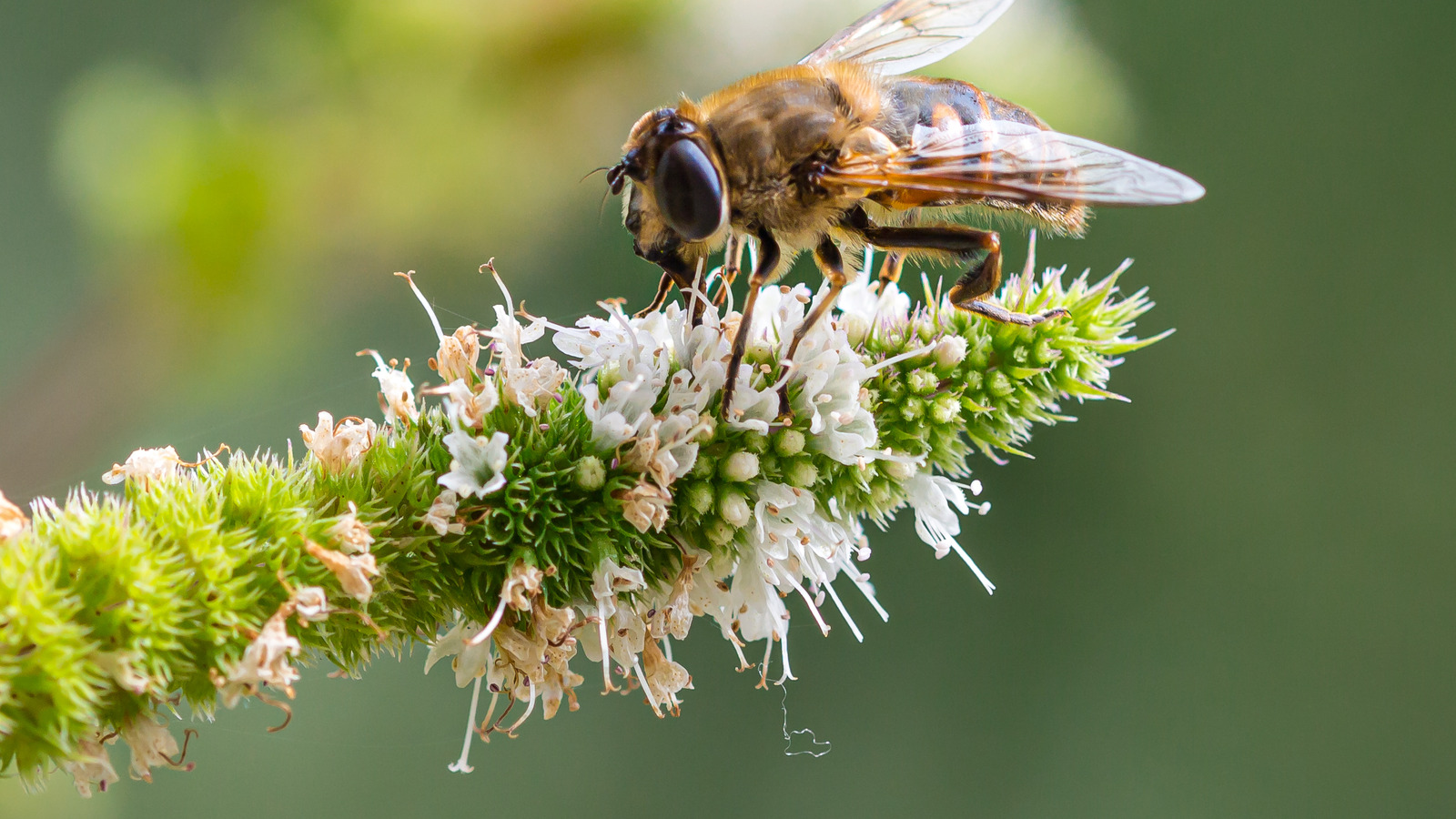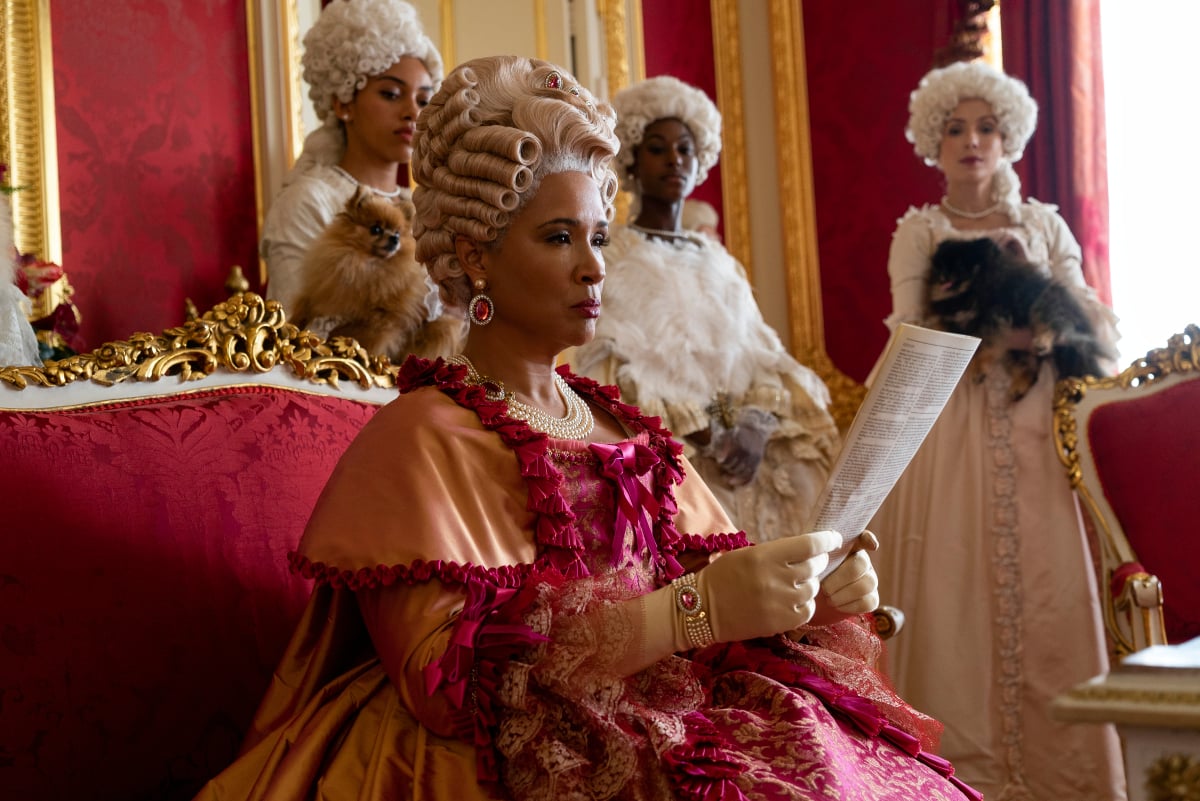Unveiling 'The Ton': What It Truly Means In Bridgerton's World
If you've found yourself captivated by the dazzling world of Netflix's Bridgerton, you've undoubtedly heard the term 'the Ton' whispered, discussed, and revered in almost every episode. But what does 'the Ton' truly mean in Bridgerton, and why is it so central to the lives of its characters? It's a term that encapsulates an entire universe of social standing, unspoken rules, and immense pressure, defining the very fabric of Regency-era high society.
Beyond being a mere backdrop, 'the Ton' is a living, breathing entity within the show, shaping destinies and driving narratives. It dictates who marries whom, who rises and falls in public esteem, and ultimately, who holds power in this glittering, yet often unforgiving, social landscape. This article will delve deep into the origins, meaning, and profound significance of 'the Ton', exploring its historical accuracy and its pivotal role in the beloved Bridgerton series and other period dramas.
Table of Contents
- Decoding 'The Ton': More Than Just a Place
- The Historical Roots of 'The Ton'
- The Exclusive World of 'The Ton' in Bridgerton
- Why 'The Ton' Matters: Influence and Power
- The Ton' as a Character Itself
- Bridgerton's Authentic Historical Vocabulary
- Beyond Bridgerton: 'The Ton' in Other Period Dramas
- Common Misconceptions About 'The Ton'
Decoding 'The Ton': More Than Just a Place
When you hear characters in Bridgerton refer to "the Ton," they aren't simply talking about London or a specific neighborhood. No, the term carries a much weightier meaning. The ton is not just the town, but the upper crust of high society in the Regency era. It represents the elite echelon of British aristocracy and gentry who dictated fashion, manners, and social trends. It’s a collective noun for the most influential, wealthy, and well-connected families who resided primarily in London during the social season.
The word itself offers a clue to its sophisticated origins. The term is short for “le bon ton,” which, derived from French, literally translates to "good manners" or "good style." This etymology immediately highlights the core values of this exclusive group: adherence to strict social codes, impeccable etiquette, and a keen sense of what was considered fashionable and proper. To be "of the Ton" meant you possessed not just wealth or lineage, but also the refined sensibilities and social graces deemed essential for acceptance within this gilded circle. It was a world where reputation was paramount, and a single misstep could lead to social ruin. Understanding what does ton mean in Bridgerton is crucial to grasping the stakes of every ball and every whispered conversation.
The Historical Roots of 'The Ton'
While Bridgerton brings "the Ton" to vibrant life, the concept itself is deeply rooted in historical reality. The Regency era, roughly spanning from 1811 to 1820 (when King George III was deemed unfit to rule and his son, the Prince Regent, governed), was a period of significant social and cultural shifts in Britain. The rise of a new wealthy class, often from industry or colonial ventures, began to challenge the old aristocratic order. Yet, the established aristocracy still held immense sway, particularly in social circles.
The phrase "le bon ton" gained currency in England during the late 18th and early 19th centuries, reflecting a strong French influence on European high society. French was often the language of diplomacy and culture among the elite, and borrowing terms like "le bon ton" was a way for the British aristocracy to signal their sophistication and cosmopolitanism. This adoption underscored a deliberate effort to cultivate an image of refined taste and impeccable conduct. The concept of "the Ton" thus emerged as a shorthand for this self-appointed elite, a designation that was both aspirational and exclusive. It wasn't merely a geographical gathering; it was a psychological and cultural space defined by shared values, expectations, and an intricate web of social connections. Historians and experts define Bridgerton's Regency era vocabulary, ensuring terms like "the Ton" are used with historical accuracy.
The Exclusive World of 'The Ton' in Bridgerton
In Bridgerton, "the Ton" is not just a backdrop; it is a character in itself, an omnipresent force that dictates the lives of its inhabitants. Every major plot point, every character's aspiration, and every scandalous revelation revolves around the intricate dynamics of this exclusive social sphere. The show brilliantly illustrates how deeply ingrained the rules and expectations of the Ton are, making it clear that understanding what does ton mean in Bridgerton is key to appreciating the characters' struggles and triumphs.
Navigating the Social Labyrinth
To merely exist within "the Ton" is one thing; to thrive within it is an entirely different, highly demanding endeavor. In the world of Bridgerton, navigating the exclusive social sphere known as “the ton” requires mastery of etiquette and form. This isn't just about knowing which fork to use; it encompasses an entire lexicon of unspoken rules, subtle gestures, and carefully chosen words. One must know when to curtsy in greeting or simply nod, how to address everyone from a duchess to a viscount, and the most fashionable names to drop into conversation. The stakes are incredibly high, as social standing and reputation are the most valuable currencies. A single faux pas, a poorly chosen word, or an inappropriate alliance can lead to social ostracization, effectively ending a family's prospects within this competitive world.
The pressure to conform and excel is immense, particularly for young women making their debut. Their success in finding a suitable match is not just personal; it reflects on their entire family's standing. This intricate social labyrinth demands constant vigilance, strategic maneuvering, and an almost intuitive understanding of its unwritten laws. The characters are perpetually performing, aware that every action, every interaction, is scrutinized by the watchful eyes of their peers and, most notably, by the mysterious Lady Whistledown.
The Season's Grand Spectacle
The annual social season in London was the heart of "the Ton's" activity. It was a world of balls, fashion, and marriage, as seen in Bridgerton. This period, typically from roughly April to July, was when the elite families would leave their country estates and descend upon London. It was a meticulously orchestrated series of events: dazzling balls, elegant soirées, promenades in Hyde Park, visits to art exhibitions, and intimate dinner parties. Each event served a dual purpose: to entertain and to facilitate the primary objective of the season – finding suitable marriage alliances.
For young women, particularly debutantes, the season was a high-stakes marriage market. Their success or failure in securing a desirable husband determined their future security and social standing. Fashion played a crucial role, with elaborate gowns and intricate hairstyles designed to catch the eye and signal status. The Ton's obsession with appearances, gossip, and the constant pursuit of advantageous matches is a central theme in Bridgerton, highlighting the intense pressures faced by its characters. The show vividly portrays the dazzling spectacle, but also the underlying anxieties and calculated strategies that defined this world. No episode of Bridgerton goes by without "the Ton" being mentioned, underscoring its constant presence and influence.
Why 'The Ton' Matters: Influence and Power
The significance of "the Ton" extends far beyond mere social gatherings; it was the ultimate arbiter of reputation, a powerful entity that could elevate or destroy individuals and families. In a society where inherited wealth and titles were paramount, social standing within "the Ton" was a form of currency, often more valuable than actual money for those seeking to climb the social ladder or maintain their position.
For families like the Bridgertons or the Featheringtons, their entire existence revolved around their standing within this elite circle. A favorable mention by Lady Whistledown could catapult a debutante to the top of the marriage mart, while a scandal could lead to utter ruin, forcing families to retreat from society in disgrace. The Ton's collective judgment dictated access to influential connections, desirable marriage prospects, and even political opportunities. Being ostracized from "the Ton" meant a loss of prestige, opportunities, and ultimately, relevance. This immense power meant that individuals constantly had to weigh their desires against the expectations and potential repercussions from this omnipresent social force. Understanding what does ton mean in Bridgerton is to understand the very engine that drives the show's drama and character motivations.
The Ton' as a Character Itself
One of Bridgerton's most ingenious narrative devices is how it personifies "the Ton" through the anonymous voice of Lady Whistledown. While not a physical character, Lady Whistledown's gossip sheet serves as the voice of "the Ton's" collective judgment, its whispered opinions, and its unyielding power. Her pronouncements can make or break reputations, turning unknown debutantes into "diamonds of the first water" or exposing hidden scandals that lead to social downfall.
Lady Whistledown embodies the omnipresent scrutiny and judgmental nature of this society. Her words are not just gossip; they are the decrees of "the Ton," shaping public perception and influencing the actions of its members. The fear of her pen, and by extension, the fear of "the Ton's" disapproval, drives much of the characters' behavior, forcing them to adhere to societal norms even when they wish to rebel. This narrative choice brilliantly illustrates how "the Ton" functions as a character with its own will, its own desires (for drama and propriety), and its own methods of control, making it a truly formidable force in the series. The show's historian, Hannah Greig, has often discussed how this portrayal captures the essence of Regency social dynamics.
Bridgerton's Authentic Historical Vocabulary
Bridgerton is celebrated not just for its lavish costumes and captivating romances, but also for its commitment to historical detail, including its vocabulary. Bridgerton uses historical vocabulary like rake and promenade. here's what all of the words that you're hearing in bridgerton really mean. The inclusion of terms like "the Ton" is part of a broader effort to immerse viewers in the linguistic landscape of the Regency era. Words such as "rake" (a dissolute man), "promenade" (a leisurely walk in a public place), "modiste" (a fashion designer), and "roué" (a debauched man) are woven throughout the dialogue, enriching the period feel.
This attention to authentic vocabulary, overseen by historical consultants like Hannah Greig, lends credibility to the show's portrayal of the past. When I first started reading Regency romances, one of the first terms I ran across that made me pause was the 'Ton'. I'm the type of person who enjoys researching things so I searched the internet for the meaning, and this curiosity is exactly what Bridgerton taps into. By using these terms naturally, the series not only educates its audience but also deepens their understanding of the social nuances and cultural norms of the time. "The Ton" itself is a prime example of this linguistic authenticity, a term that was genuinely used to describe British high society during the period.
Beyond Bridgerton: 'The Ton' in Other Period Dramas
While Bridgerton has brought "the Ton" into mainstream consciousness for many viewers, the term is not exclusive to the Netflix series. In fact, it is a staple in a multitude of Regency-era novels, films, and television adaptations. Authors like Jane Austen, Georgette Heyer, and Julia Quinn (on whose novels Bridgerton is based) frequently use "the Ton" to refer to the upper echelons of society. You'll encounter it in classics like *Pride and Prejudice* (though Austen often uses "fashionable society" or "the world" more broadly) and more explicitly in later Regency romances.
Its consistent appearance across various works underscores its historical accuracy and its utility as a shorthand for this specific social class. Understanding what does ton mean in Bridgerton provides a valuable key to unlocking the nuances of many other period dramas and historical novels set in the early 19th century. It signifies a shared understanding among creators and audiences about the social landscape, the rules, and the stakes involved in navigating such an exclusive world. The term "the Ton" actually means “British high society” and not an episode of Bridgerton goes by without it being mentioned, highlighting its omnipresence in the genre.
Common Misconceptions About 'The Ton'
Despite its frequent mention, some common misunderstandings about "the Ton" persist. Perhaps the most prevalent is the idea that "the Ton" refers to a specific geographical location, like a district or a particular street in London. While the activities of "the Ton" were indeed concentrated in fashionable areas of London, especially during the social season, it was not a physical place in the way that, say, Mayfair or Belgravia are. Instead, as we've explored, "the Ton" was a social construct, a designation for the collective body of elite society members.
Another misconception might be that "the Ton" was solely composed of the titled aristocracy. While dukes, duchesses, viscounts, and earls certainly formed its apex, "the Ton" also included wealthy gentry, prominent landowners, and even some highly successful individuals from professions like banking, provided they had acquired sufficient wealth and, crucially, had adopted the requisite manners and social graces. It was a fluid, albeit exclusive, group, where old money and new money constantly vied for influence and acceptance. The key was not just wealth, but adherence to "le bon ton" – good manners and proper conduct.
Conclusion
In the vibrant, glittering world of Bridgerton, "the Ton" is far more than just a passing phrase; it is the very essence of Regency high society. It represents the exclusive, influential upper crust whose lives revolved around strict etiquette, strategic alliances, and the relentless pursuit of social standing. From its French origins as "le bon ton" (good manners) to its pervasive presence in every episode, understanding what does ton mean in Bridgerton unlocks a deeper appreciation for the show's intricate social dynamics and the pressures faced by its beloved characters.
This powerful collective dictated fashion, arranged marriages, and wielded immense influence through gossip and reputation. It was a world of dazzling balls and whispered scandals, where every curtsy and every conversation held significant weight. So, the next time you watch Bridgerton, remember that "the Ton" is not merely a setting, but a formidable character in its own right, shaping destinies and driving the very heart of the story. What surprised you most about 'the Ton' after learning its true meaning? Share your thoughts in the comments below! And if you're curious about other Regency terms, explore our other articles to further your journey into this fascinating historical period.

What Does The Bee In Bridgerton Mean?

What Does A Half Ton, Quarter Ton, And 1 Ton Truck Mean? (Payload And

'Bridgerton': The 'Ton' Doesn't Mean What You Think It Does